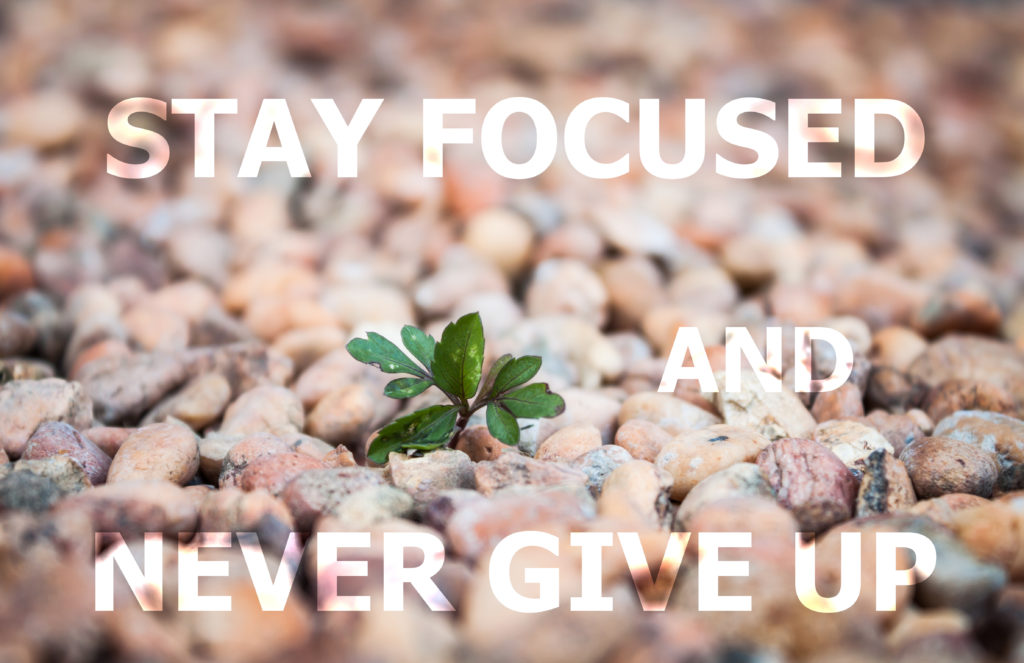
Never Give up – Blog 10 – Sabrina Hussain
Mental Health Awareness Week – 18th – 24 May, 2020
“Every day begins with an act of courage and hope: getting out of bed.” – Mason Cooley.
The theme this year is “Kindness”. There are many uncertainties and unknowns at the moment and it is important we look after our mental health and wellbeing.
So why is kindness so important? Put simply, it is because our actions have a huge impact on the mental health of others.
What Does ‘Kindness’ Mean to You?
With the Covid-19 crisis many people have come together and have been displaying extraordinary acts of kindness allowing us to reach out to help those in our communities like safely delivering food to people, offering free meals to key workers, or making protective clothing for health workers. However big or small the kind acts we can do are, they can make a huge difference to someone, such as writing and sharing a message of support. For example, the millions of rainbows in windows, or Thursday night clap for NHS staff and Key Workers, delivering prescriptions for a neighbour and even sending a birthday card to someone you wouldn’t normally do.
Given the fear and anxiety we are all feeling right now, it is important that we recognise and celebrate these stories – both to share ideas in a time of physical disconnection. We have had to find alternative ways to connect with our service users without face-to-face contact, by using telephone, WhatsApp and online Zoom groups etc. We will need these new found relationships and network of community support to get us through this initial crisis and beyond, and we must find ways to hold onto what this situation has provided.
At the same time, not everyone will experience this moment in the same way. The lock down will have had an impact on those who are most isolated and excluded, those that don’t have the connection of friendship and community that so many of us are relying on, and the skills, access and support to build useful positive relationships through the virtual world. Mental health will be carried by those who were already finding day-to-day life challenging.
It has been estimated that one in four of the population will be affected directly or indirectly by contact with a mental health problem. Substance abuse and mental health disorders such as depression and anxiety are closely linked. However, alcohol and drugs are often used to self-medicate the symptoms of mental health problems.
Motivation
Very often, we can feel motivated at the start of a task, and towards the end of a task, when we know the end is near, we can work at a faster rate and take shorter breaks. It’s the bit in the middle which is tricky! Often, we can underestimate how long a task will take us and then we get frustrated and de-motivated.
Here are some tips to help combat this:
· Clarify your purpose: what do you want to achieve today, or in the next hour? Take a few moments to focus your mind if you start to drift off task. Don’t beat yourself up if your mind has wandered – it happens to us all!
· Have short, regular ‘deadlines’/goals. This will help you gain a sense of achievement whilst completing small parts of the task and make sure you stay on track.
· Reflect on previous tasks you have done which were similar to identify what worked well for you, but also what obstacles stood in your way. Think about how you can overcome similar hurdles this time.
· Try to keep a conscious, positive mindset – think of what you stand to gain by completing the task at-hand. This will also help reduce any stress.
· Where possible, alternate tasks to ensure variety – reading, start a journal, write stories or poems, listening to and watching something you enjoy, express your feelings through paint, do colouring, talk to a friend/family, use a fidget cube.
· Make sure you schedule in time out in-between different tasks: Grab a drink, a snack, listen to some music, go for a walk. This helps to clear your head a little, and feel fresher.
· Get enough sleep! Feeling tired and lethargic is a real motivation zapper.
CLEAR YOUR MIND OF “CAN’T” AND “NEVER GIVE UP”.
There could be a positive snowball effect of this pandemic which could reduce stigma attached to mental health. The big help is the community, the more you talk about what you are going through the more you build that community, whether that is with your friends, the people you interact with in your daily life or the new virtual world we are now connected with.
Sabrina Hussain
Counsellor
CDARS


